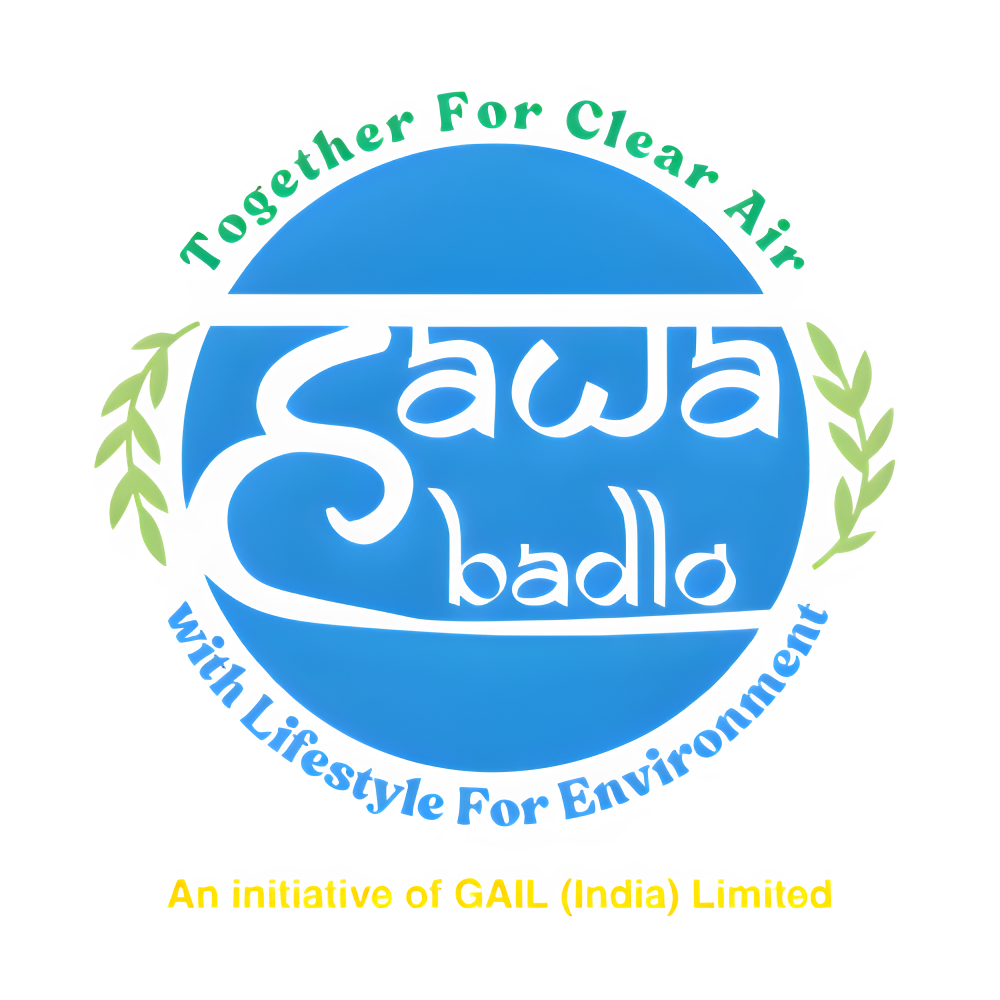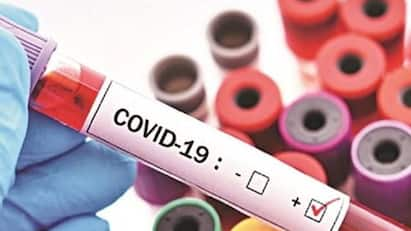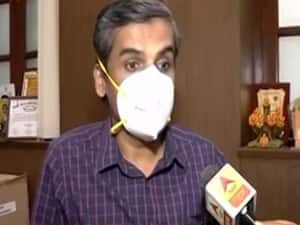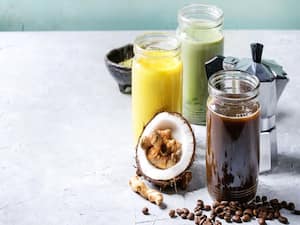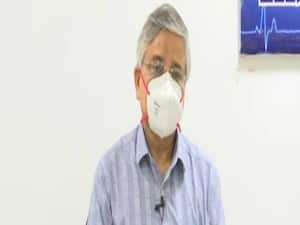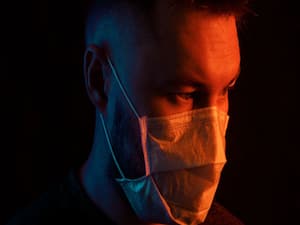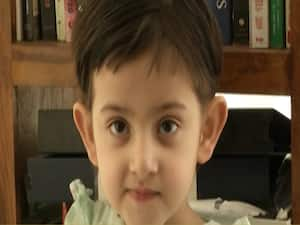Frequently Asked Questions
-
What is coronavirus?
Coronaviruses are a large family of viruses which may cause illness in animals or humans. In humans, several coronaviruses are known to cause respiratory infections ranging from the common cold to more severe diseases such as Middle East Respiratory Syndrome (MERS) and Severe Acute Respiratory Syndrome (SARS). The most recently discovered coronavirus causes coronavirus disease COVID-19.
-
What is the difference between coronavirus and COVID-19?
Coronaviruses are a large family of viruses which may cause illness in animals or humans. Whereas, it COVID-19 is the official name given to the disease caused by coronavirus.
-
How is it spread?
People can catch COVID-19 from others who have the virus. The disease can spread from person to person through small droplets from the nose or mouth which are spread when a person with COVID-19 coughs or exhales. These droplets land on objects and surfaces around the person. Other people then catch COVID-19 by touching these objects or surfaces, then touching their eyes, nose or mouth. People can also catch COVID-19 if they breathe in droplets from a person with COVID-19 who coughs out or exhales droplets. This is why it is important to stay more than 1 meter (3 feet) away from a person who is sick.
-
What are the symptoms?
The most common symptoms of COVID-19 are fever, tiredness, and dry cough. Some patients may have aches and pains, nasal congestion, runny nose, sore throat or diarrhea. These symptoms are usually mild and begin gradually. Some people become infected but don’t develop any symptoms and don't feel unwell. Most people (about 80%) recover from the disease without needing special treatment. Around 1 out of every 6 people who gets COVID-19 becomes seriously ill and develops difficulty breathing. Older people, and those with underlying medical problems like high blood pressure, heart problems or diabetes, are more likely to develop serious illness. People with fever, cough and difficulty breathing should seek medical attention.
-
Can masks help to prevent getting infected by coronavirus?
Only wear a mask if you are ill with COVID-19 symptoms (especially coughing) or looking after someone who may have COVID-19. Disposable face mask can only be used once. If you are not ill or looking after someone who is ill then you are wasting a mask. There is a world- wide shortage of masks, so WHO urges people to use masks wisely. The most effective ways to protect yourself and others against COVID-19 are too frequently clean your hands, cover your cough with the bend of elbow or tissue and maintain a distance of at least 1 meter (3 feet) from people who are coughing or sneezing.
-
Can you get infected by touching surfaces such as cardboard, plastic or metal?
A recent study showed that Coronavirus can survive for upto 24 hours on cardboard and for upto 72 hours on plastic and metal surfaces. However, in practice the risk of catching the virus that causes COVID-19 from cardboard boxes is low. You should still practice washing your hands properly after touching surfaces outside and disinfect surfaces inside your home regularly.
-
Can you catch coronavirus from pets?
No, there is no evidence that companion animals (e.g. dogs or cats) pose a risk of infection to humans, however there is one report from Hong Kong of a pet dog that had positive swabs and showed serological evidence that it was likely infected by its owner who got COVID-19. As a general precaution, it is always wise to observe basic principles of hygiene when in contact with animals.
-
Can items such as turmeric, lemon juice and amla prevent getting infected with coronavirus?
While turmeric, lemon juice & amla are known to be nutritious. There is no evidence that proves that they help to prevent coronavirus. Consuming them the regular amount will be good to keep your immunity healthy.
-
Can sipping hot water help in flushing out the virus?
No, there is no evidence that proves that sipping hot water can flush out the virus. There are some health benefits to drinking hot water but it will not prevent or flush out Coronavirus.
-
What do I do if I develop symptoms?
Immediately wear a triple layer mask and avoid close contact with any other person. Inform concerned health worker (ANM/ASHA) who will arrange for medical examination by supervisory medical officer and transportation to hospital, if required. The Helpline Number for Corona Virus is: +91-11-23978046 & Toll Free No: 1075
-
What does Social Distancing mean?
This means making changes in your everyday routines in order to minimize close contact with others, including:
- Avoiding crowded places and non-essential gatherings.
- Avoiding common greetings, such as handshakes
- Limiting contact with people at higher risk (e.g. older adults and those in poor health)
- Keeping a distance of at least 1 arm lengths (approximately 1 meter) from others, as much as possible. -
Can women with COVID-19 breastfeed?
Yes. Women with COVID-19 can breastfeed if they wish to do so. They should:
- Practice respiratory hygiene during feeding, wearing a mask where available
- Wash hands before and after touching the baby
- Routinely clean and disinfect surfaces they have touched.
Covid-19 Fear Grows In India With More Deaths, Over 4,800 Active Cases Recorded So Far
Covid Scare In India Persists As Cases Near 5000-Mark, 7 Deaths Recorded In 24 Hours
Karnataka On Alert As COVID-19 Cases Cross 300 Mark; Schools Resume With Precautions
Breaking: COVID Surge Rings Alarm Bells Across India, Kerala Sees Sharp Spike | ABP NEWS
Chinese Researchers Find New Coronavirus That Can Infect Humans Same Way As Covid
Is Human Metapneumovirus Deadly Like Covid-19? India On Alert After Mysterious Virus Outbreak In China
More Dangerous Than Coronavirus: New Disease Spreading With No Cure | ABP Live
Covid-19 Variant JN.1 Detected In Kerala. Is It Severe? Know Everything About The Omicron Subvariant
COVID Positive Cameron Green Keeps Distance From Australia Teammates During National Anthem, Pic Goes Viral
Coronavirus Hits IPL 2023: Cricketer-Turned-Commentator Tests Positive
Novak Djokovic Denied Entry To USA Ahead Of Miami Open Over COVID-19 Vaccination Status
Australian Open 2023: Camila Giorgi Could Be Deported Over Claims She Faked COVID-19 Vaccination Certificate- Report





